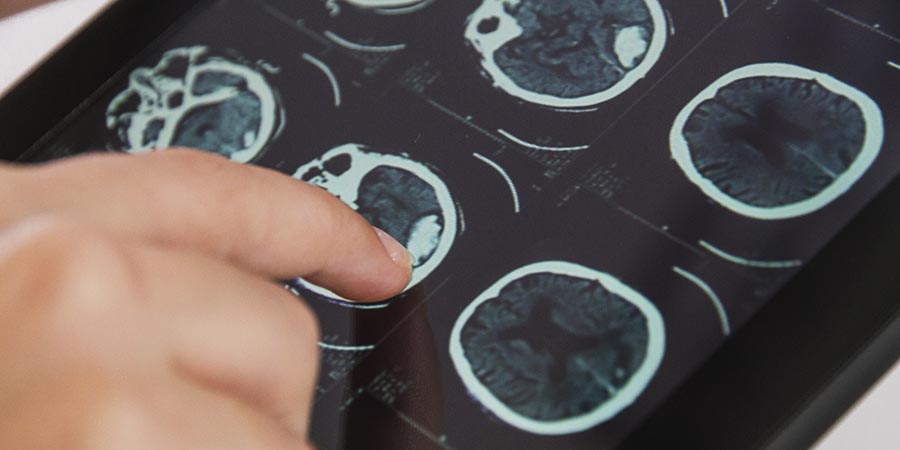Traumatic Brain Injury. Overview
Traumatic brain injury (TBI) is usually a result of a violent blow or jolt to the head or body. An object that penetrates brain tissue, such as a bullet or shattered piece of skull, also can caue traumatic brain injury.
Mild TBI can affect brain cells temporarily. More-serious TBI injury can result in bruising, torn tissues, bleeding and other physical damage to the brain. These injuries can result in long-term complications and death.
TBI Causations
- Falls. Falls from bed or a ladder, down stairs, in the bath and other falls are the most common cause of traumatic brain injury overall, particularly in older adults and young children.
- Sports. An estimated 500,000 sports-related head injuries in 2015. Sports that exhibited substantial injuries include cycling, football, martial arts, water sports, baseball, softball and basketball.
- Vehicle-related collisions. Collisions involving cars, motorcycles or bicycles — and pedestrians involved in such accidents — are a common cause of traumatic brain injury.
- Violence. Gunshot wounds, domestic violence, child abuse and other assaults.

TBI Symptoms
TBI can have wide-ranging physical and psychological effects. Some signs or symptoms may appear immediately after the traumatic event, while others may appear days or weeks later.
Moderate to severe TBI can include any of the signs and symptoms of mild injury, as well as these symptoms that may appear within the first hours to days after a head injury:
Physical Symptoms
- Loss of consciousness.
- Persistent headache.
- Repeated vomiting or nausea.
- Convulsions or seizures.
- Dilation of one or both pupils.
- Clear fluids draining from nose or ears.
- Inability to awaken from sleep.
- Weakness or numbness in fingers and toes.
- Loss of coordination.
Cognitive or Mental Symptoms
- Profound confusion.
- Agitation, combativeness or other unusual behavior.
- Slurred speech.
- Coma and other disorders of consciousness.
Cellular Transplantation
The existence of multipotent cells in the brain and other organs has raised high enthusiasm for using these cells to treat the injured brain. Clinical studies have shown the potential brain repair through neuronal cellular transplantation using varying types of cells. Over the last seven years ProGenaCell physicians have overcome many previous challenges.
One challenge was generation of sufficient functional neurons capable of integrating into existing neural circuitry in the injured brain. Another major challenge, which is particularly important for cellular transplantation, was the focal microenvironment of the site of injury. After TBI, primary brain damage together with secondary tissue loss induced by ischemia, excitotoxicity, oxidative stress, and inflammation often creates a hostile environment preventing survival and integration of transplanted cells. So far, ample studies and actual clinical application have supported that the in vivo fate of transplanted cells is regulated by the intrinsic properties of grafted cells and the local environmental cues in the host.
These challenges have been substantially overcome through years of clinical application both inside and outside the United States.
Start your treatment today!
Speak with a qualified ProGenaCell Representative today about the benefits of ProGenaCell Cell Therapy.
Contact Info
Working Time
-
Mon-Fri: 09:00 - 18:00
Saturday: 09:00 - 14:00
Sunday: Closed

